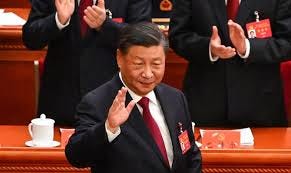I write my column, “Knowledge, ideology, and real socialism in our times,” with the intention of increasing and deepening the understanding of the peoples of the West of the actual manifestations of socialism that have emerged in practice during the course of the twentieth and twenty-first centuries in the global South, or in the Third World plus China. This intellectual work has a political hope, namely, that committed and gifted leaders in the nations of the West will emerge, who would be capable of calling their peoples to socialism on the basis of an advanced understanding of socialism in practice; and who would be able to call for foreign policies that adapt to the new global reality being forged today by real socialism.
My belief is that the key to understanding is personal encounter, which involves above all listening and taking seriously the insights of the other. Encounter includes criticizing the defects of the other, but it is a criticism that unfolds in the con…


